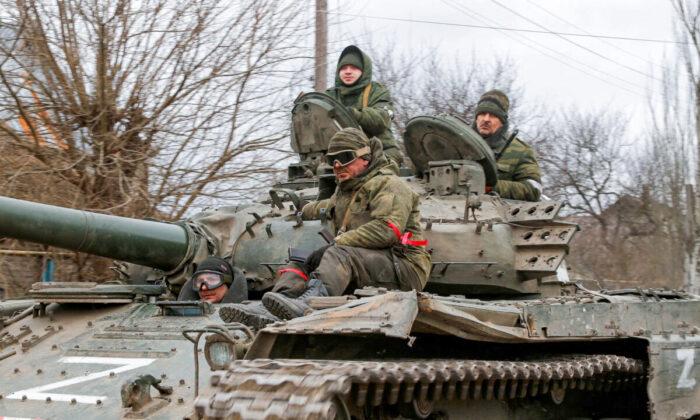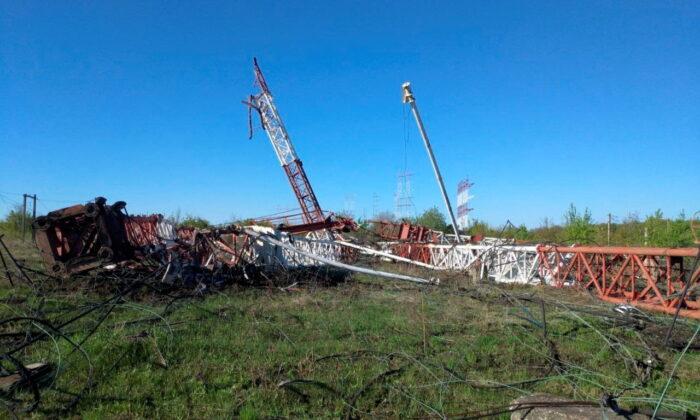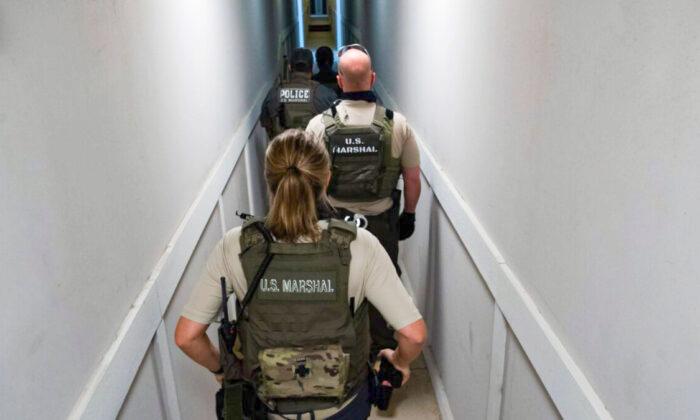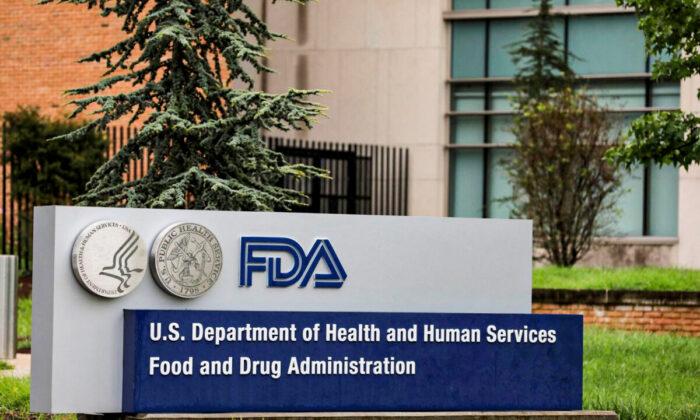U.S. executives from the hotel and travel industry called for a potential $250 billion aid package during a meeting with President Donald Trump on March 17, amid mounting fears of large-scale job cuts due to the CCP virus outbreak.
The airline industry has separately requested $58 billion in aid for passenger and cargo aircraft, and a further $10 billion for airports.
The CCP virus pandemic has already had a greater economic impact on the hotel industry than “September 11th and the 2008 recession combined,” according to Chip Rogers, chief executive of the American Hotels and Lodging Association (AHLA).
“Thirty-three thousand small business hotels across the country are facing the difficult decision right now whether to close their doors and lay off millions of people over the next few days,” Rogers said.
“The impact to our industry is already more severe than anything we’ve seen before,” he added.
Meanwhile, a loss of $1.4 billion in revenue every week is expected by the hotel industry as the outbreak continues to escalate, according to statements from the AHLA and the U.S. Travel Association, which also forecasts a 30 percent drop in hotel occupancy over a year.
The impact of the CCP virus on the industries could cause the loss of 4.6 million jobs, the statements added.
The groups said they requested the federal government take “immediate action” to implement a series of measures, including launching a travel workforce stabilization fund for the retention and rehiring of employees, and making funding available for hotel businesses in the form of low interest loans.
The travel industry also suggested the White House make modifications to the Small Business Association loan program to aid small businesses and their staff.
The request for financial assistance came as Marriott, the largest hotel company, announced Tuesday it was beginning to furlough what it anticipates will be tens of thousands of employees. A number of managed properties were shut down last week, while workers were left unpaid, receiving just healthcare benefits, a company spokesman said.
Meanwhile, Hilton saw occupancy was down to 15 percent with hotels shutting down in several cities.
Weakening demand due to travel restrictions and recommendations to self-isolate have left the industries battling to stay afloat. Democrats in Congress are expected to assist the sector, but have said any bailout should come with conditions like protections for workers and requirements for consumer-friendly and environmentally sound business practices.
A spokesman for House Speaker Nancy Pelosi (D-Calif.) said she spoke with U.S. airline CEOs on Tuesday, at their request. There was agreement on the need for “big, immediate action,” he said, as well as assistance that “puts workers’ paychecks and benefits first.”
Trump in the meeting “assured the industry leaders that he understands the sacrifices they are all making and pledged that this administration would be there for them in the days, weeks and months ahead,” a White House spokesperson said in a statement.
The Trump administration this week requested roughly $1 trillion from Congress as part of a relief package to assist sectors including the airline and hotel industries, as they battle to survive the economic impacts of the CCP virus pandemic.
“We are looking at sending checks to Americans immediately,” Treasury Secretary Steven Mnuchin said Tuesday. “Americans need cash now, and the president wants to get cash now. And I mean now, in the next two weeks.”





